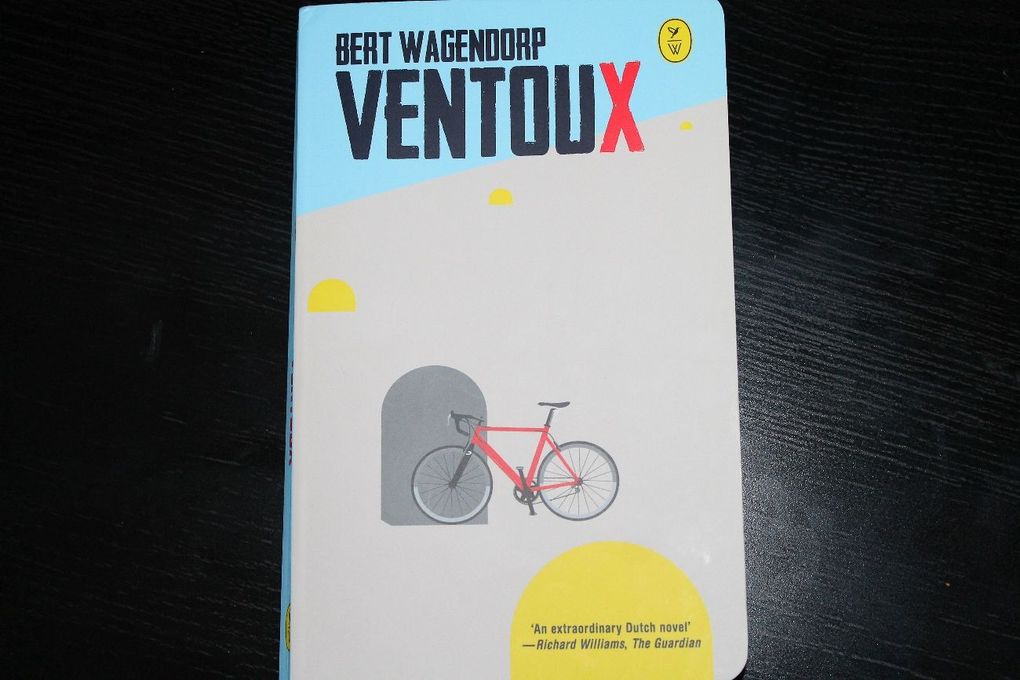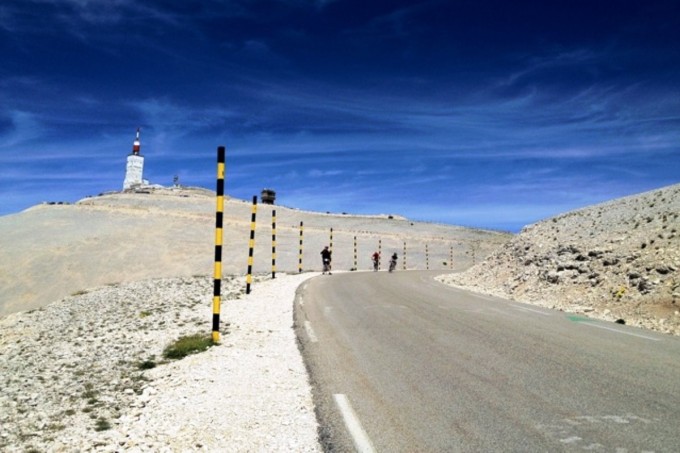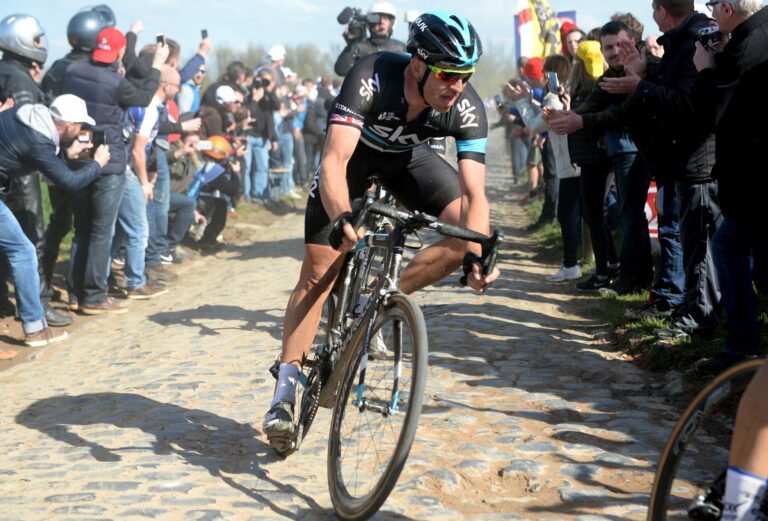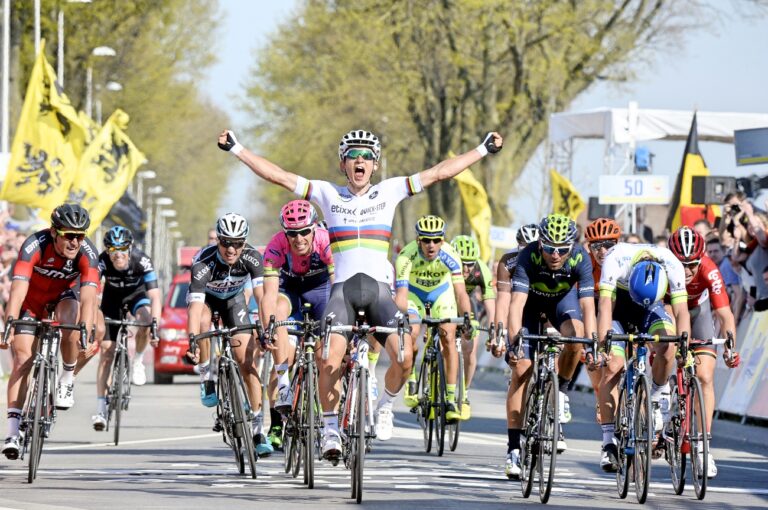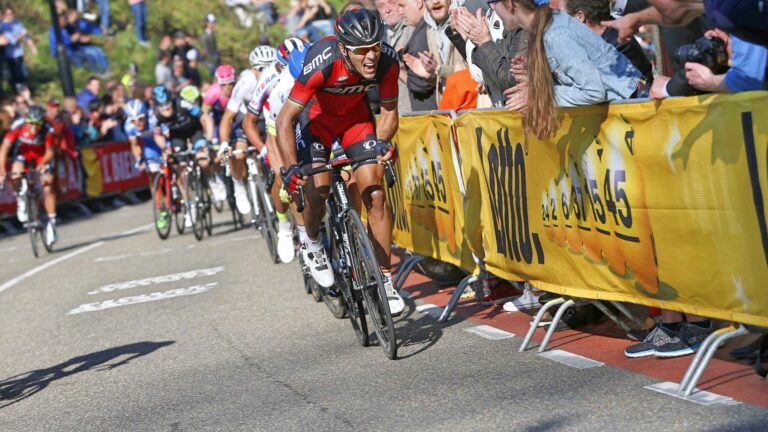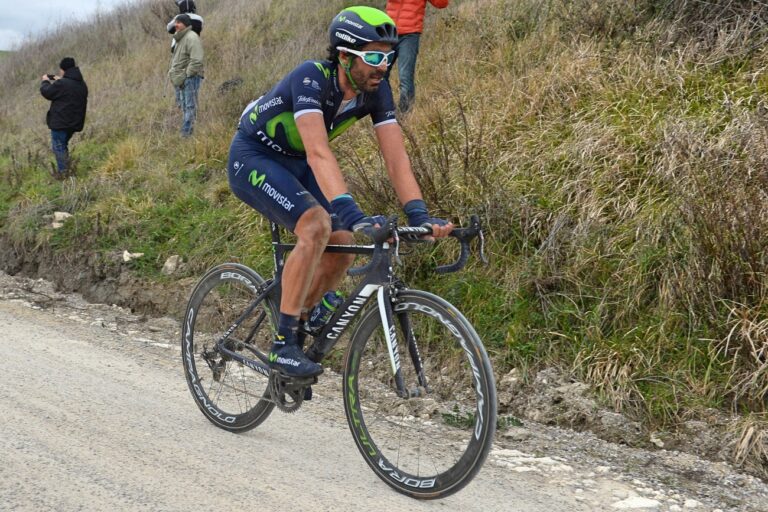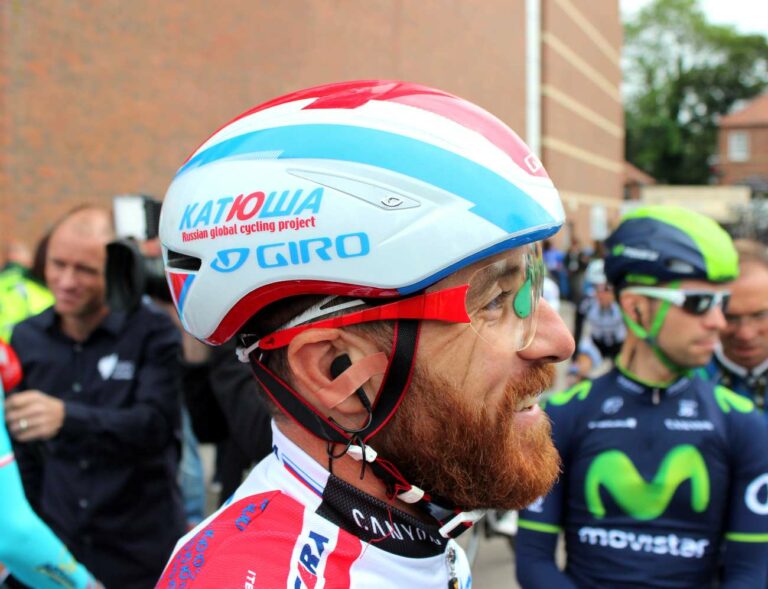Mont Ventoux returns to this year’s Tour de France, with the Giant of Provence hosting a stage summit finish for the tenth time.
It is three years since Chris Froome extended his lead in the yellow jersey with a masterful display on the very same slopes, and 49 since Tom Simpson collapsed and died one kilometre from the summit.
Triumph and tragedy are entrenched in the iconic mountain’s history, and Ventoux is the focal point of Dutch writer Bert Wagendorp’s novel of the same name.
This is the book based on the Dutch film, also called Ventoux. Wagendorp helped write the script for that, before turning his attention to extending it into a novel. The film script then went on to adopt some of Wagendorp’s extended themes before the movie was made.
